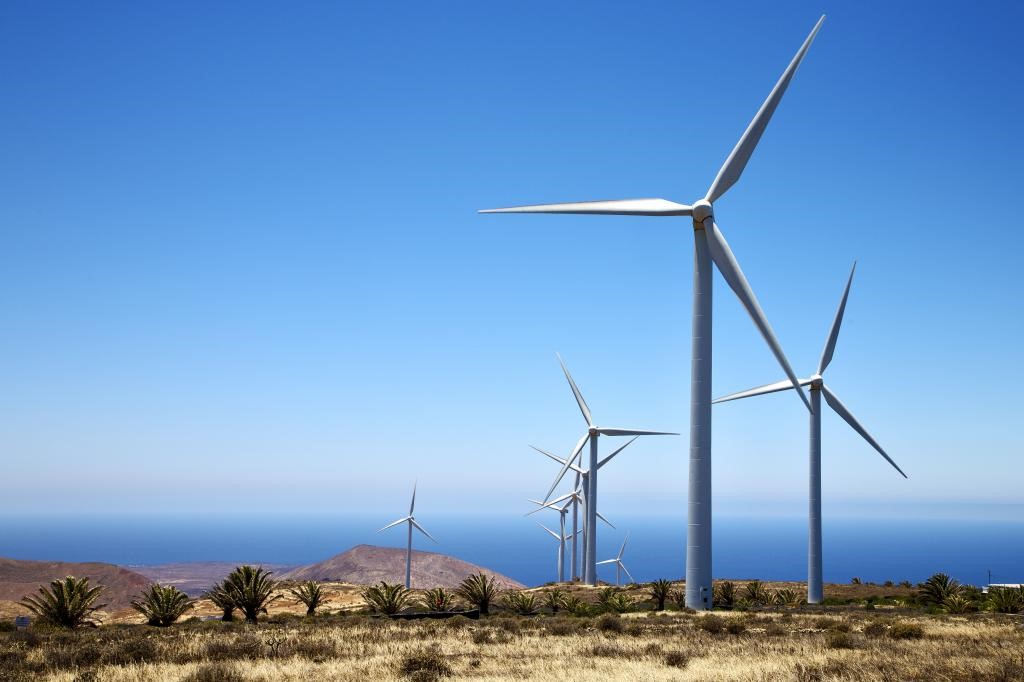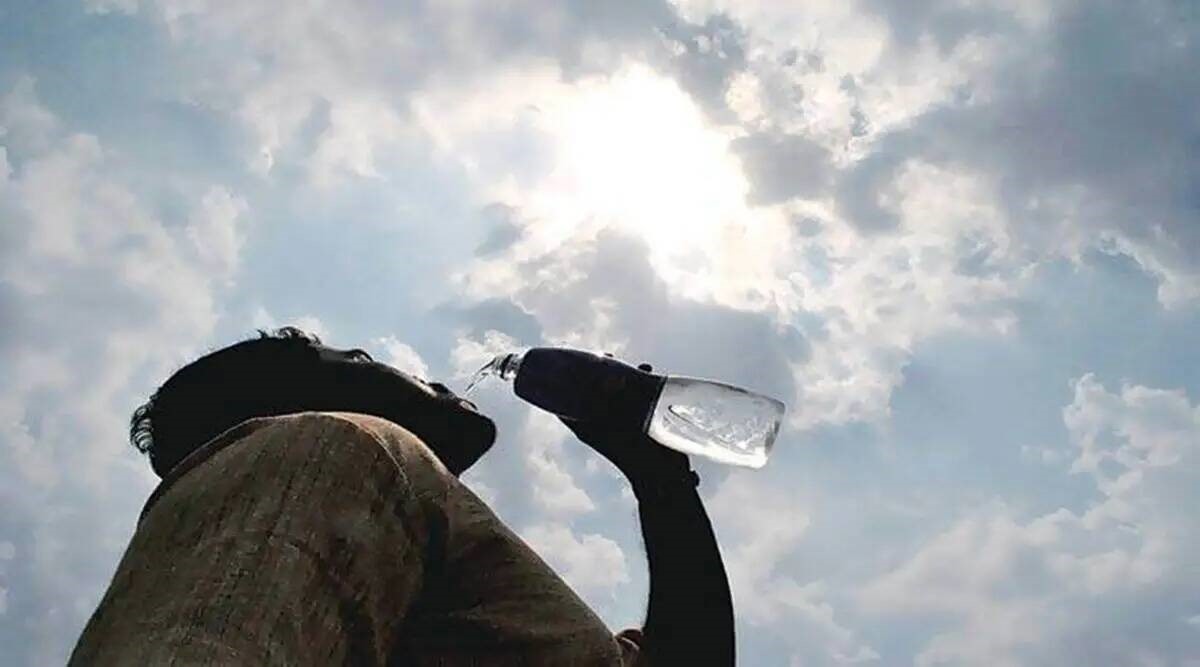Description

Disclaimer: Copyright infringement not intended.
Context
- Senegal signed the Just Energy Transition Partnership deal, announced on June 22, 2023, after South Africa, Indonesia & Vietnam to fasten the process of providing electricity access to all its citizens by 2025.
- This deal will help in increasing the share of renewable energy installed capacity to 40% and 2.5 billion euros will be mobilized for country to achieve this target.
Other Details
- Senegal became the fourth country to sign the deal promoted by International Partners Group.
- International Partners Group comprises of France, Germany, the European Union, the United Kingdom and Canada.
- This financing will extend over an initial period of 3-5 years and will be provided by international partners and multilateral development banks.
Just Energy Transition Partnership (JET-P) deal
- It is a type of innovative funding models by developed countries in the direction of generation of energy through clean and renewable sources.
- The first Just Energy Transition Partnership was announced at COP 26 Glasgow in November 2021.
- The mechanism will help developing countries in achieving their targets related to energy security and access, climate change mitigation.
- It helps in decarbonisation of the emerging economies of a country that are heavily coal-dependent.
Significance of the Deal
- It will provide various opportunities for investment from the private sector, sovereign wealth funds and philanthropic foundations.
- Development of renewable energy will be in a quick and efficient manner.
- It will help Senegal in shaping and publishing a long-term vision for greenhouse gas emission strategy before COP28.
- Its nationally determined contributions will reflect the new climate ambitions hence positively contributing towards environment.

Current situation and targets of Senegal
- Until 2010, Heavy Fuel Oil was the main source of electricity. Its contribution was as high as 85% to the total electricity generation.
- In later years, 2014-17, oil and gas reserves were discovered and country has seen a shift to gas-to-power strategy in 2018.
- In 2015, targets of 20 per cent renewable energy in the electricity mix by 2020 and 23 per cent in 2030 were set.
- Also in 2015, a new target was set which was - 30 % of photovoltaic and wind in the electricity generation mix by 2025.
- By 2020-21 total installed capacity in Senegal was 2 to 1.5 gigawatts.
- Currently In the total installed capacity of Senegal, renewable energy contribution is around 31%.
- Also only 20 % of the total electricity is generated by using renewable sources thus Senegal relies heavily on imported fossil fuels.
- However it is to be notes that Senegal emits less than 0.03 % of the global CO2 emissions, 13.6 million tonnes of CO2.
Europe’s Vested Interests
- Germany supported export of gas and other LNG sources from Senegal to Europe, Subsequently a Germany-Senegal gas plan came up in 2022.
- For exporting gas Infrastructure is already in place and more is being developed.
- Greater Tortue Ahmeyim field for instance will start exporting by end on 2023.
- However organizations like African civil society are opposing the exploitation of Africa’s natural resources by Global North and criticising its energy policies.
Energy Challenges and concerns of Senegal
- Providing energy access to its 16.8 million populations by 2025.
- Around 30 per cent of population, especially in rural areas, is lacking access to electricity.
- Most used fuel sources are firewood and charcoal for cooking which are not good for health and environment.
- In the new deal there is no emphasis on grants and concessional loans for the required energy transition.
- As per Beyond Climate Finance report, annual debt burden of Senegal is far more than the cost of achieving its climate goal. Hence a concern of affordability of this electricity rises.
India and JET-P deal
- India has not signed the deal
- There is a possibility of India signing a similar JET-P deal but no final decision is made due to various concerns.
- Major concerns are –
- Consent of stakeholders is challenging as they are diverse, large and there are complex ownership of the Indian power sector.
- Nature of Finance – as evident from the experiences of other countries like South Africa, it is mostly in the form of loans which creates a financial burden.
- India’s energy security and development objectives are not properly considered in such deals.
|
PRACTICE QUESTION
Just Energy Transition Partnership deal is a much needed initiative for a clean energy transition however it poses a serious concern for the developmental objectives and the healthy growth of economies of developing countries. Examine. (250 words)
|

https://www.downtoearth.org.in/news/world/senegal-signs-just-energy-transition-partnership-deal-after-south-africa-indonesia-vietnam-90290















